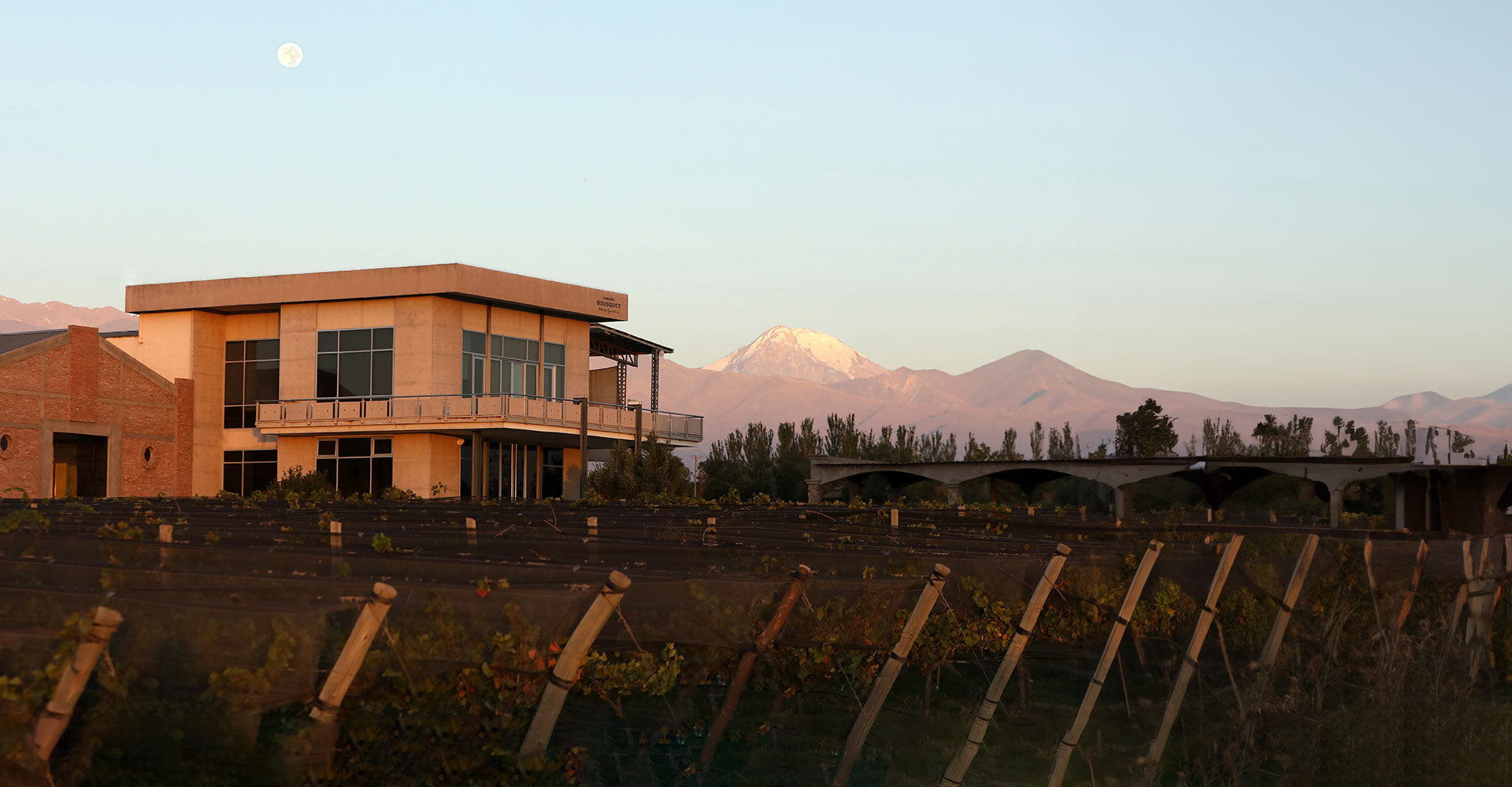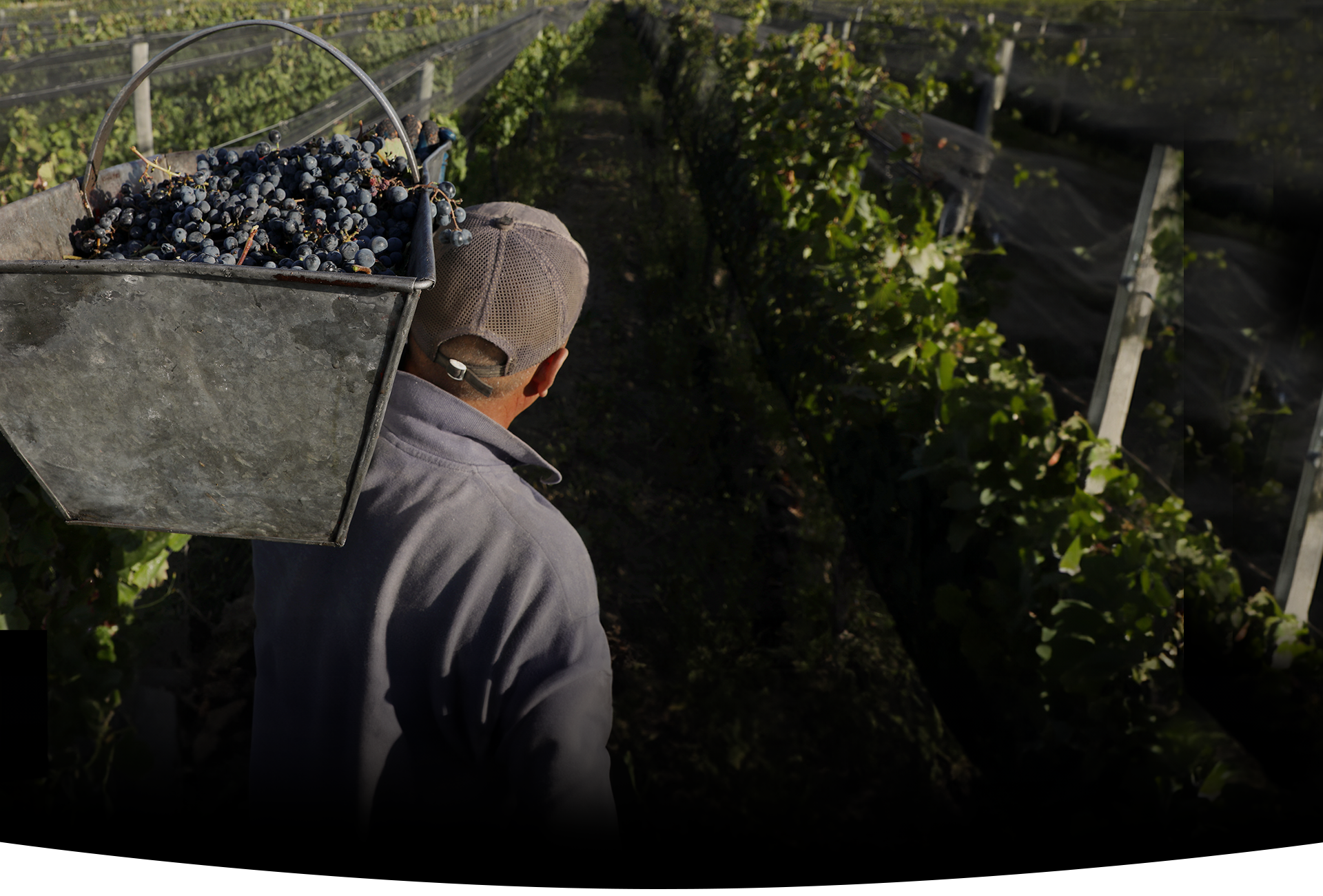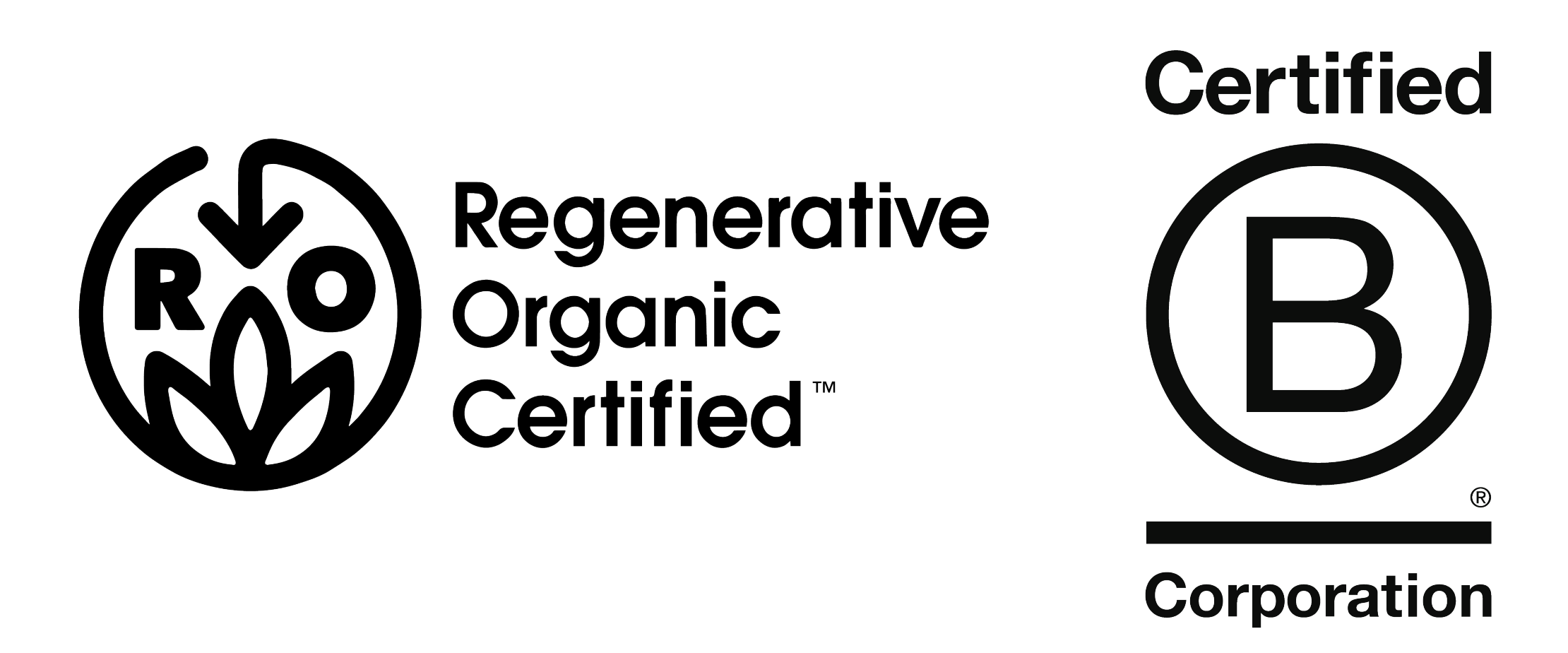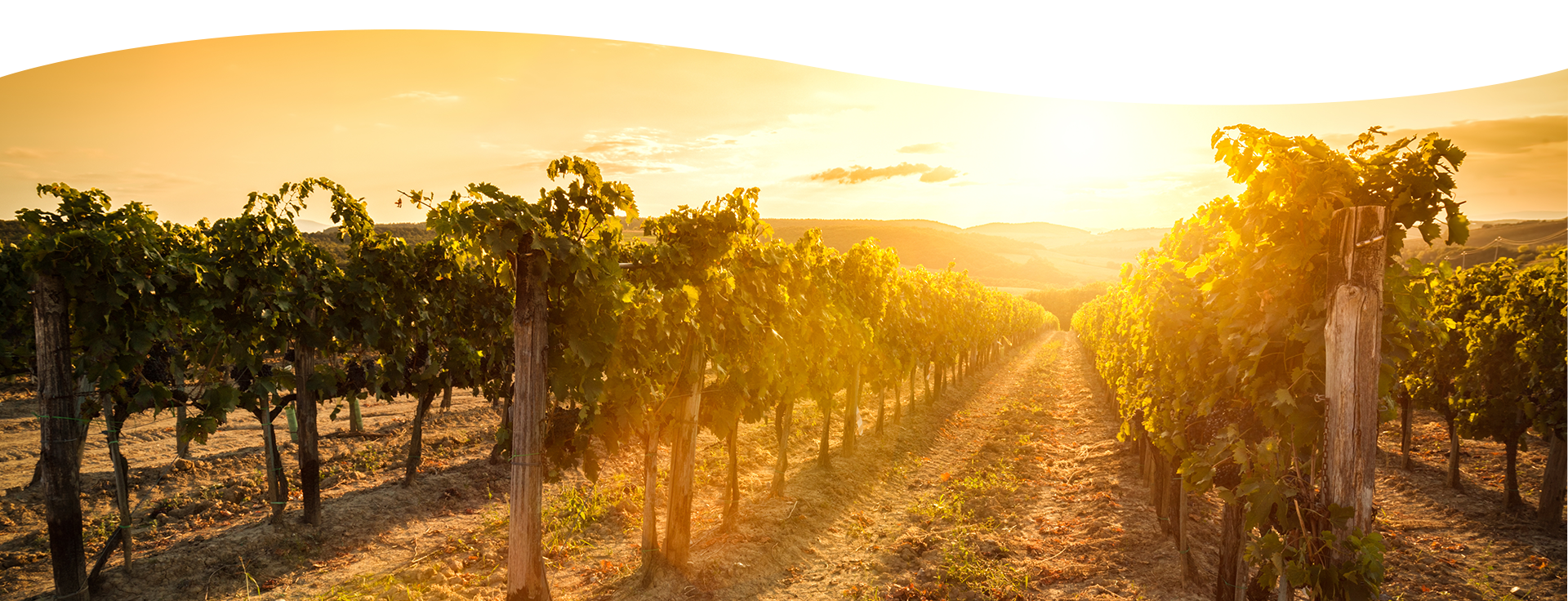Why organic

In a world where the market for sustainable products continues to expand, it may seem like organic wine es a recent addition. In actuality, organic wine was around long before mass health food stores became common and the phrase "go green" started appearing in advertising campaigns.
Organic wine arrived as a product of the organic movement of the 1960s which was born out of consumer concern about chemical use in commercial agriculture. At this time, people began to realize that pesticides and other chemicals commonly used on farms might also be dangerous for human beigns and the environment. As a result organic wine began appearing on supermaket shelves in the 1980s but was unfortunately met with skepticism. Consumers wondered: Does organic wine taste as goog as it's non-organic counterpart? What are the benefits of organic wine? And perhaps most importantly,why should we buy it?
While organic wine is better tasting, more affordable, and more accessible today than it was in the early days of the organic movement, many of these same questions persist. Let's answer them



WHY DOMAINE BOUSQUET IS COMMITTED TO ORGANIC

At Domaine Bousquet, we believe in the power of organic farming to create wines that are not only delicious but also sustainable and ethical. Our commitment to organic practices includes:
- Certified Organic Vineyards: All our vineyards are certified organic, ensuring the highest standards of environmental stewardship.
- Innovative Techniques: We employ innovative techniques such as composting and cover cropping to maintain soil health.
- Community Engagement: We work closely with the local community to promote organic farming and sustainable practices.
WHAT IS THE DIFFERENCE BETWEEN ORGANIC AND NON-ORGANIC WINE?
The primary difference between organic and non-organic wine lies in the methods used in their production. Here are the key distinctions:
1. Vineyard Management
Organic: Organic vineyards do not use synthetic pesticides, herbicides, or fertilizers. Instead, they rely on natural alternatives like compost, green manure, and biological pest control.
Non-Organic: Conventional vineyards often use synthetic chemicals to manage pests, diseases, and soil fertility.
2. Winemaking Process
Organic: The winemaking process for organic wines avoids artificial additives and preservatives. Sulfite levels are typically lower, and only naturally occurring yeasts are used for fermentation.
Non-Organic: Conventional winemaking may involve various synthetic additives and higher levels of sulfites to preserve the wine and enhance its flavor and stability.
3. Environmental Impact
Organic: Organic wine production aims to minimize environmental impact through sustainable practices, promoting biodiversity, and enhancing soil health.
Non-Organic: Conventional wine production can have a higher environmental impact due to the use of synthetic chemicals and less sustainable agricultural practices.



